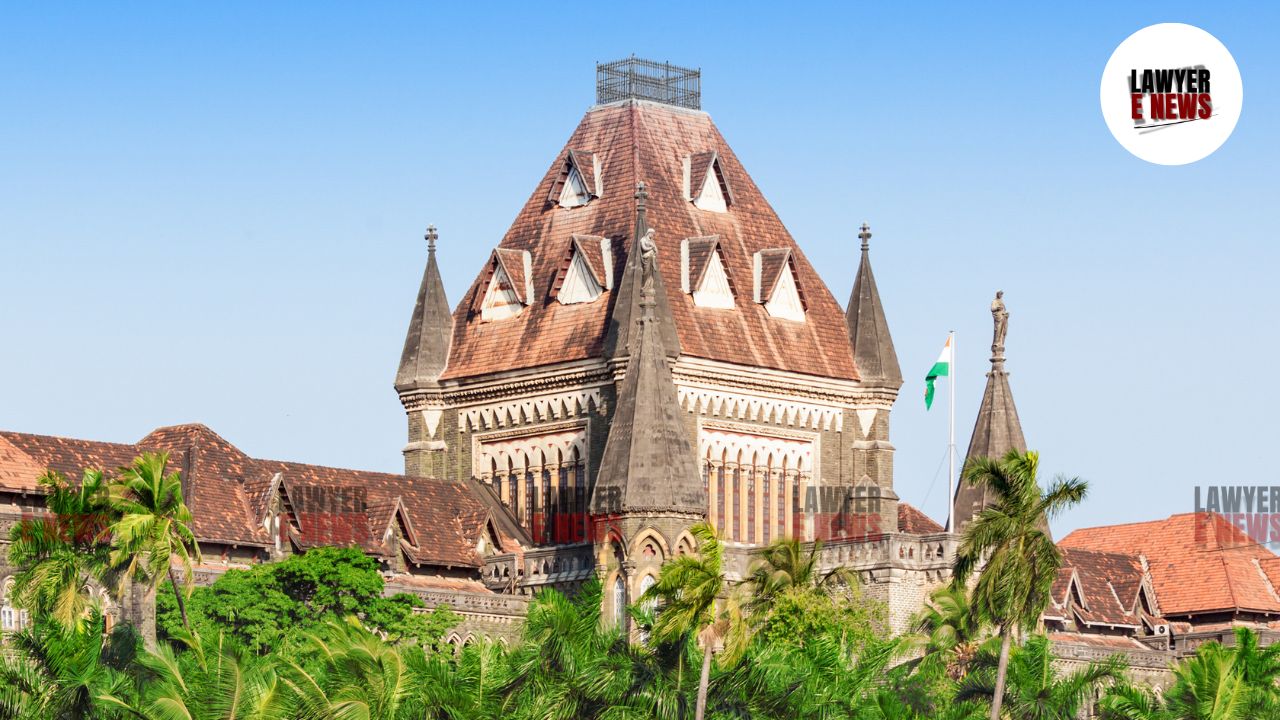-
by Admin
15 February 2026 5:35 AM



Bombay High Court, presided over by Justice Madhav J. Jamdar, granted bail to Suryaji Pandurang Jadhav in a money laundering case concerning the siphoning of ₹71.78 crore from Shivajirao Bhosale Cooperative Bank Ltd. The bail was granted under Section 439 of the Criminal Procedure Code (Cr.P.C.) and Section 45 of the Prevention of Money Laundering Act (PMLA), 2002, taking into account the applicant’s prolonged pre-trial detention, serious health issues, and significant asset recovery. The court held that further detention would violate the applicant’s fundamental rights under Article 21 of the Constitution.
The applicant, Suryaji Pandurang Jadhav, was accused of being part of a conspiracy that siphoned off ₹71.78 crore from Shivajirao Bhosale Cooperative Bank Ltd. from 2017 to 2018. He was arrested in February 2020 for scheduled offenses under the Indian Penal Code (IPC) and in March 2021 for money laundering charges under the PMLA. The Enforcement Directorate (ED) alleged that Jadhav, along with other bank officials, misappropriated large sums of money for personal gain. The trial had not yet commenced, and Jadhav sought bail after spending over 3 years and 6 months in custody.
Jadhav had already served more than half of the maximum sentence (7 years) under the PMLA, which made him eligible for bail under Section 436A Cr.P.C. The court cited the Supreme Court's ruling in Vijay Madanlal Choudhary vs. Union of India, which allows for the application of Section 436A to PMLA cases despite the twin conditions imposed by Section 45 PMLA [Paras 12-16]. The court observed, "Incarceration beyond half of the maximum punishment infringes the fundamental right to liberty under Article 21."
The court considered Jadhav’s age (72) and serious medical condition, including stage-4 colon cancer, as a significant factor. Prolonged incarceration in such circumstances was deemed disproportionate and violative of his right to life and liberty [Paras 5, 19-20].
The ED had recovered a substantial portion of the siphoned funds, including the attachment and auction of properties worth ₹60.49 crore. Jadhav had also deposited ₹75 lakhs, indicating cooperation with the investigation. This recovery further supported the court’s decision to grant bail, as the risk of flight or further financial misconduct was mitigated [Paras 6, 19].
While Section 45 imposes strict conditions for granting bail in money laundering cases, the court ruled that prolonged detention beyond half the potential sentence warranted relief. The court emphasized that constitutional protections under Article 21 take precedence when the right to a speedy trial is compromised [Para 17].
Justice Jamdar emphasized that while the prosecution’s case involved serious allegations, the prolonged detention without trial violated Jadhav’s constitutional rights. Despite the stringent bail conditions under the PMLA, the court ruled that further incarceration would be unjustified given the delay in the trial and Jadhav’s deteriorating health.
The court noted that 256 witnesses were proposed to be examined in the scheduled offense, and 9 witnesses in the PMLA case, with both cases likely to take considerable time to conclude. Given the significant delay, the court found that continued detention would serve no reasonable purpose, and Jadhav was entitled to bail under Section 436A Cr.P.C. [Paras 18-19].
The Bombay High Court’s decision underscores the balance between stringent bail conditions under the PMLA and the constitutional right to liberty when prolonged detention is involved. The ruling highlights that even in serious offenses, the right to a speedy trial and humane treatment cannot be overlooked, particularly when significant asset recovery has been achieved.
Date of Decision: September 19, 2024
Suryaji Pandurang Jadhav v. The Directorate of Enforcement & Anr.
